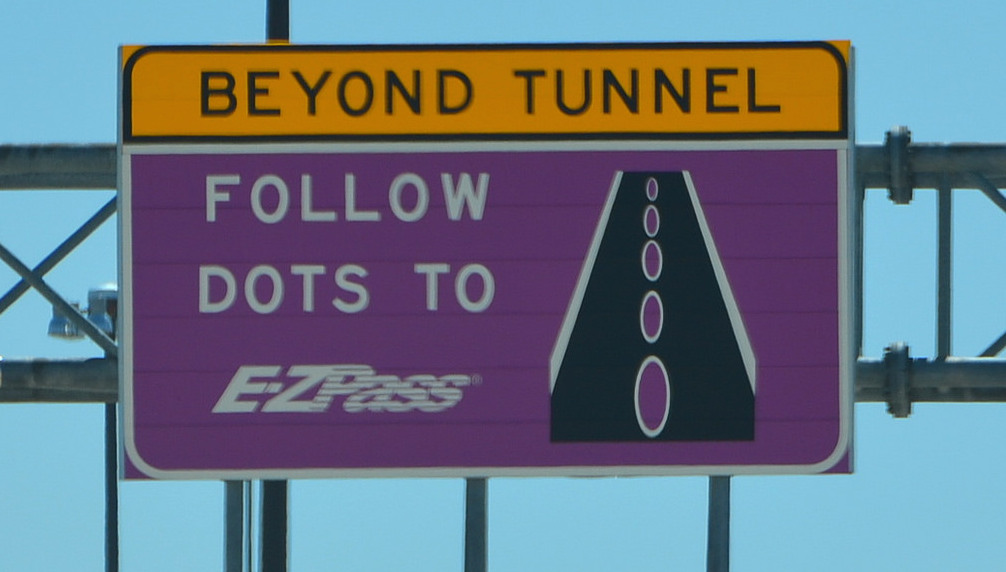AAA: E-ZPass Users Targeted By Phishing Scam Demanding Money For Unpaid Tolls

(afagen)
Many of the scam emails have been reported by E-ZPass users in Virginia and the D.C Metro area, reports WTOP.com, but when these things hit one region, it’s likely they could pop up elsewhere as well. We saw another E-ZPass scam surface in Pennsylvania last summer, so this kind of thing can easily move around.
The official-looking emails often include a color logo with a similar font to the real E-ZPass logo, and claim drivers are “indebted” for traveling on toll roads. The messages says the email is a “notice to appear.”
The email then directs the recipient to click a link and then provide personal and financial information, at which point users are in danger of downloading a virus to their computer that could threaten its security.
One of the targeted users includes AAA’s John B. Townsend II, the Mid-Atlantic Manager of Public and Government Affairs, who received one of the emails and was able to identify it as part of a phishing scam.
“Everyone must be on guard for these fraudsters attempting to con you out of your hard-earned funds and account information, compromise your security, and wreak havoc on your computer system,” he said in a news release. “Be wary. Be wise. Don’t fall prey to any attempt to steal your personal information. Be skeptical of all e-mail that directs the user to a website in which credit card or personal information is entered.”
Always pay attention to the wording of suspicious emails — they often contain poor grammar and misspelled words. In this case, scam emails might contain toll road number “000923942.”
When in doubt, check it out: Anyone who receives an unsolicited email demanding payment can call the toll-free E-ZPass customer service center at 1-877-762-7824. You can also notify the Federal Trade Commission to help put the kibosh on scammers.
E-ZPass holders targeted in scam [WTOP.com]
Want more consumer news? Visit our parent organization, Consumer Reports, for the latest on scams, recalls, and other consumer issues.

